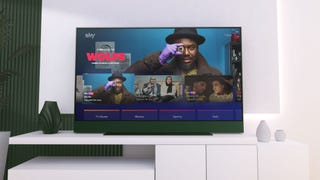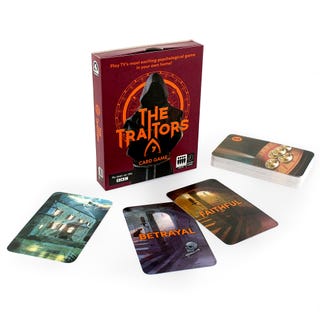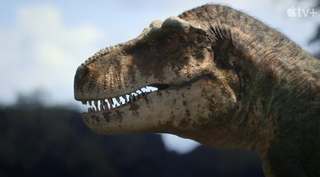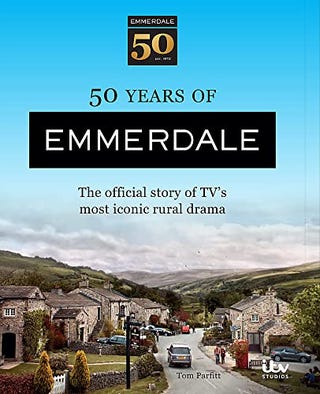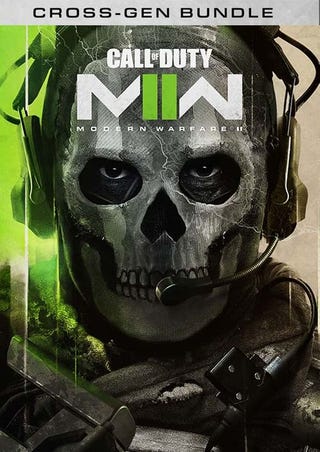The Last of Us episode one spoilers follow.
As we watched Joel clutching onto his dead daughter Sarah, holding her close to his heart with an unspeakable and overwhelming pain etched across his face, the tone of The Last of Us was set.
Sure, on the face of it, HBO's new apocalyptic series follows a path well-tread; flesh-hungry zombies, the crumbling of society as we know it and people forced to make extreme decisions under even more extreme circumstances.
But in Sarah's death, it quickly became clear that The Last of Us sits in a more relatable and human space.
For Joel (Pedro Pascal), the loss of Sarah (played brilliantly by Nico Parker) becomes a gaping hole, an unconditional love lost forever. From this point onwards, his every thought, every decision and every moment is experienced through this context of grief.
In most cases, storytelling such as this would have us clambering to the top of our soapbox to scream that female characters are more than just a plot device. What happened to Sarah ostensibly looked like 'fridging' – her life and death served as a means of driving the show's central male character towards his fate as a hardened, unfeeling anti-hero. How else were we to believe that Joel would go from cuddling up on the sofa with his daughter, to heartlessly casting a lifeless young body into a fiery pit?
Related: How to watch The Last of Us
And yet, despite her clear narrative purpose, it still managed to feel like there was more to Sarah.
The Last of Us afforded her depth and character development; in the forty-odd minutes that we were granted her on screen, she took up most of the space. Her gaze was ours, and she was the vessel through which we experienced the increasing sense of foreboding – from the sound of emergency sirens to a hurried shop owner forcing her to go home.
There was enough groundwork and layering to make sure you really cared about what happened to Sarah, which made her fate that much harder to watch. Manipulative? A little bit. But effective? Devastatingly so.
Fans of the game will have already known that, despite what the first half of episode one led you to believe, this was not to be Sarah's story. The source material on which the show is based plays out, almost frame-by-frame, in the same heartbreaking way. But where the series excels is in its allowance for more time, emblematic of the watch that Sarah had fixed for her father's birthday. The Last of Us gave each step of the tale the space to unfold, and the viewer was invited to sit in those moments as the clock ran out.
In the scene where Sarah died, there was a clear shift. Having been focused on her up until this point, the camera grazed over Joel and Tommy, and by the time it got back to her, she was gone. With one close-up of Joel's grief-stricken realisation, we knew it was his path we'd be following from here on out, with no choice but to leave Sarah behind.
We have been robbed of rich female characters too many times to count and, as we've explored, The Last of Us manages to avoid falling into this trap – but only narrowly.
The creators of the show, Neil Druckmann and Craig Mazin, have spoken about the importance of establishing a central protagonist in Sarah, despite her inescapable fate.
Related: Who is Ellie in The Last of Us and why is she so important?
Druckmann has also talked of the writing challenge of "trying to construct a scenario where a person is trying to avoid a fate worse than death" (via Collider). For Joel, he explained, this would be "losing a daughter again", which speaks to the relationship that he'll later develop with Ellie.
While it could be described as derivative to speak of these female characters only in terms of the impact that they have on the main male character, the series' overriding theme of grief and loss is overwhelmingly universal.
When all is said and done, perhaps it is this that gives The Last of Us more freedom to dance on the line of this particular trope. We'd challenge anyone that watched that scene, a forever farewell between parent and child, not to be moved by it.
The Last of Us airs on HBO in the US, and on Sky Atlantic and streaming service NOW in the UK.








